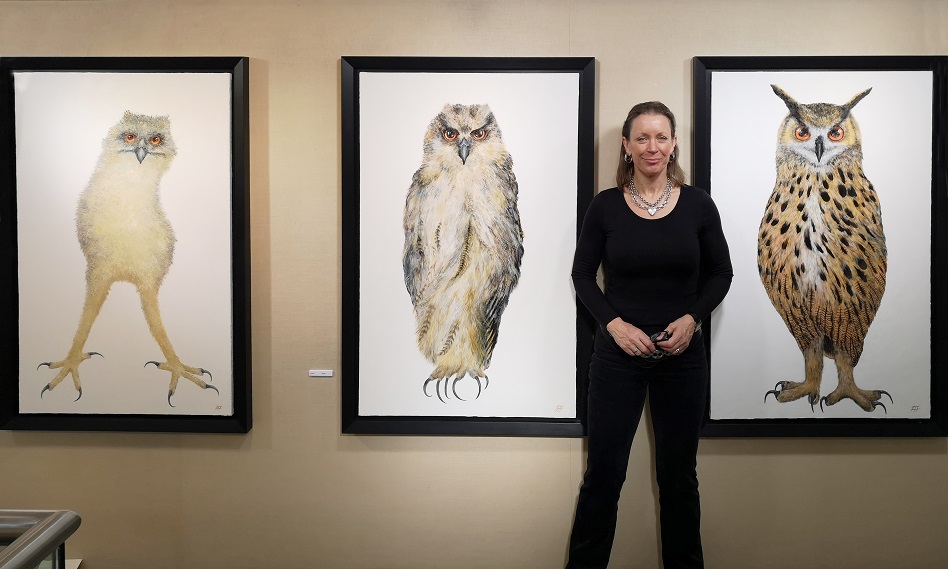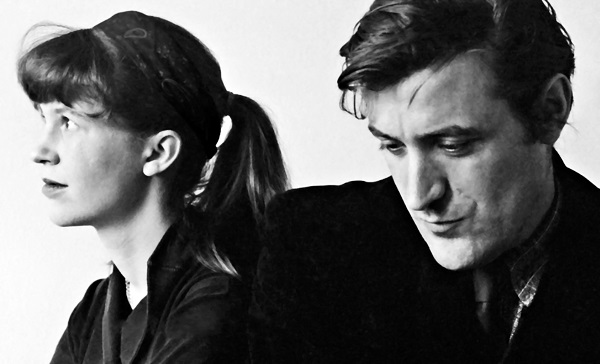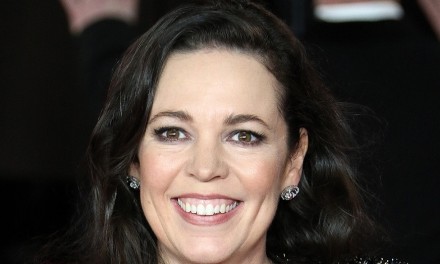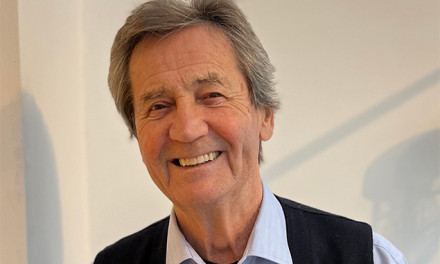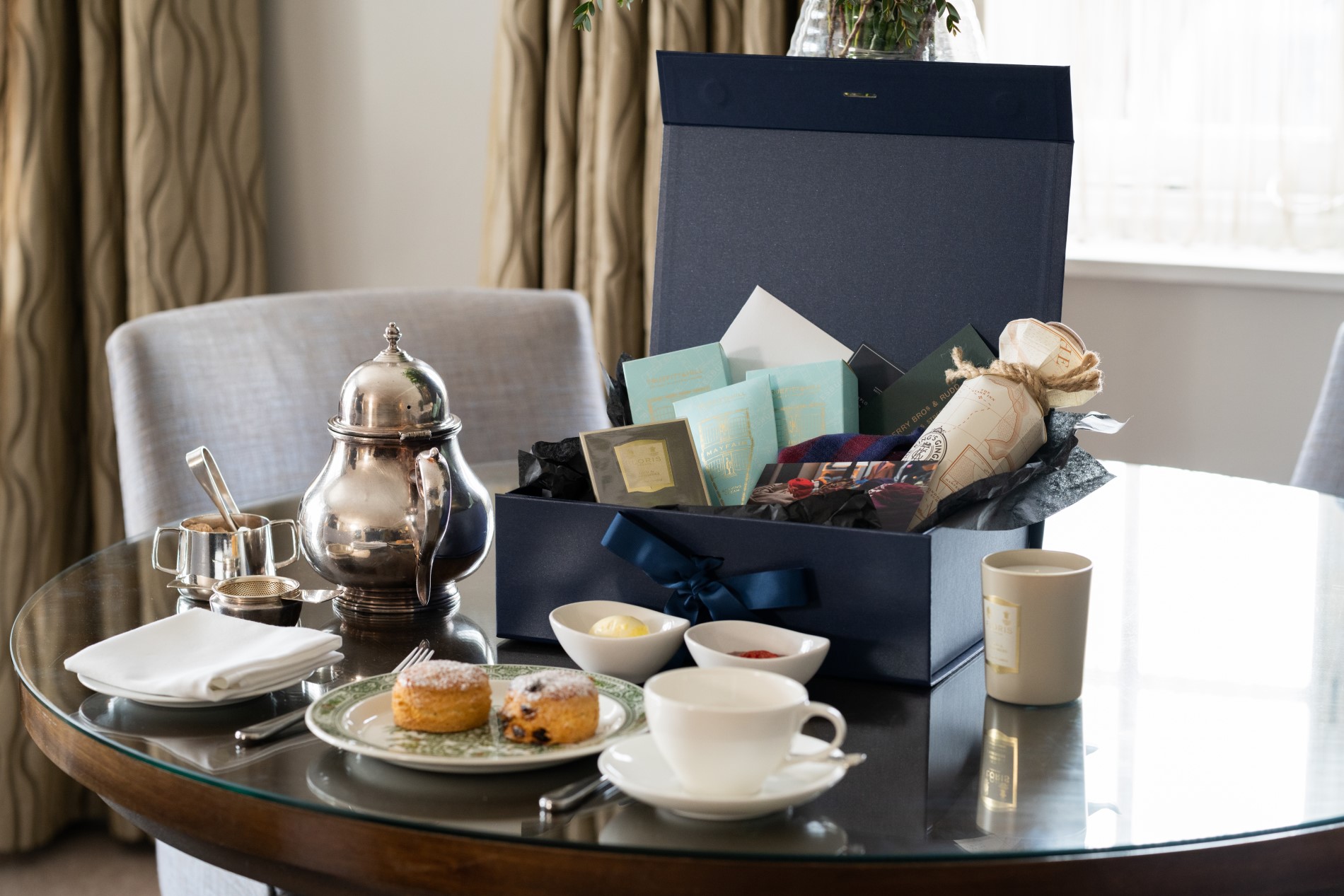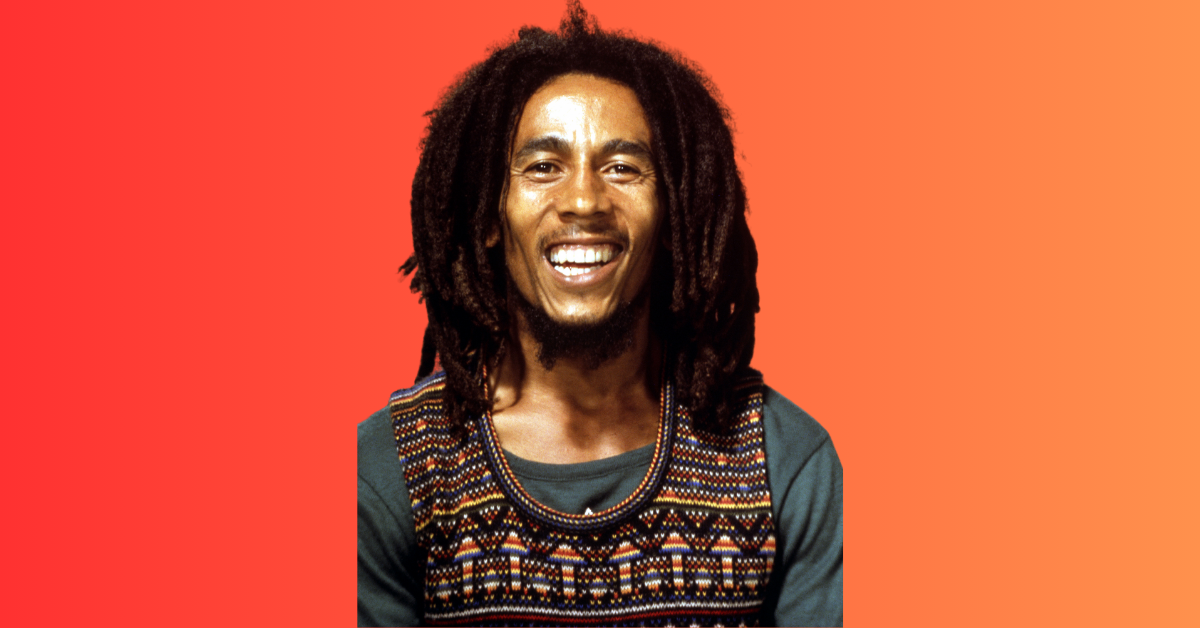Life, love and death are central themes in the work of Frieda Hughes. She is a poet, an artist and the daughter of literary greats Ted Hughes and Sylvia Plath.
Even as a child, she remembers being acutely aware of the passage of time – mortality, finality and a sense of inevitability.
“Grandmothers would say: ‘Yes, when you get to our age it just races by’ and I remember being 15 and thinking: ‘But it’s racing by already!’.
“And it did race by and I’ve always been puzzled by other young children who look at a 70 or 80-year-old and don’t think that one day that might be them.”
Loss
Death has featured in Frieda’s life more than most.
Her very famous mother took her own life aged 30.
Frieda was just two years old. To this day, she keeps a picture of her sitting on her mother’s knee in her study.
Her brother Nicholas also took his own life 10 years ago.
Life, love and death were central themes of Frieda’s 2015 book Alternative Values.
Despite five poetry collections to her name, she has previously spoken about how long it took her to feel comfortable sharing her own work in light of her parents’ literary legacy.
Poetry for the bereaved
Recently Frieda launched her own YouTube channel with readings of her work.
As well as introducing poetry to a new generation, she hopes it might speak to those who have encountered loss.
“Reading something about somebody else’s experience of it might help,” she says.
“There is a poem about loss on there, a poem about one last kiss, and a poem about a rolling car – where my dad had me and my brother in a rolling car when we were young.”
Her inspiration?
Frieda says it’s when something provokes a deep emotional reaction.
“One of the poems in Alternative Values was watching a friend at his wife’s memorial who really just didn’t want to live.
“I wanted to write a poem that would say: ‘Life is a gift and would the person think well of you if you were just going to give up?’” she said.
A python called Shirley
Many of her figurative paintings reflect the environment around her.
She has a menagerie in rural Wales that includes 14 owls, five chinchillas, six ferrets and two dogs. Oh and a python called Shirley.
“She’s doing well, she is about five feet long now.”
Finding happy
Intensely likeable and refreshingly candid, Frieda also appears to have an overwhelmingly positive outlook on life.
Is she happy?
“I would say that I work at it every day,” she says.
“Some days I’m level, happy in moments and I’m content often. Am I happy? Generally, yes. I have good days and bad days.
“There have been times when I have been euphoric. I spent four years building the garden, at one point when my marriage was disintegrating, and while I was in the garden, I was super happy.”
“The other thing I learned is that if we love somebody or something, we open ourselves up to pain, because at some point they can be taken from us.”
I wonder what she would ask her mum now, if she was still alive.
There is a long pause.
“I wouldn’t need to ask her why did you have to go, because there is such a lot of documentation. But I could ask the question:
‘Why did you feel you had to go?’.
“The question I would want to ask her would be: ‘What is the one thing you would tell me I should do to have a successful, happy life?’.
“I would say: ‘Hi Mum, what would be your advice for my future?’.”

